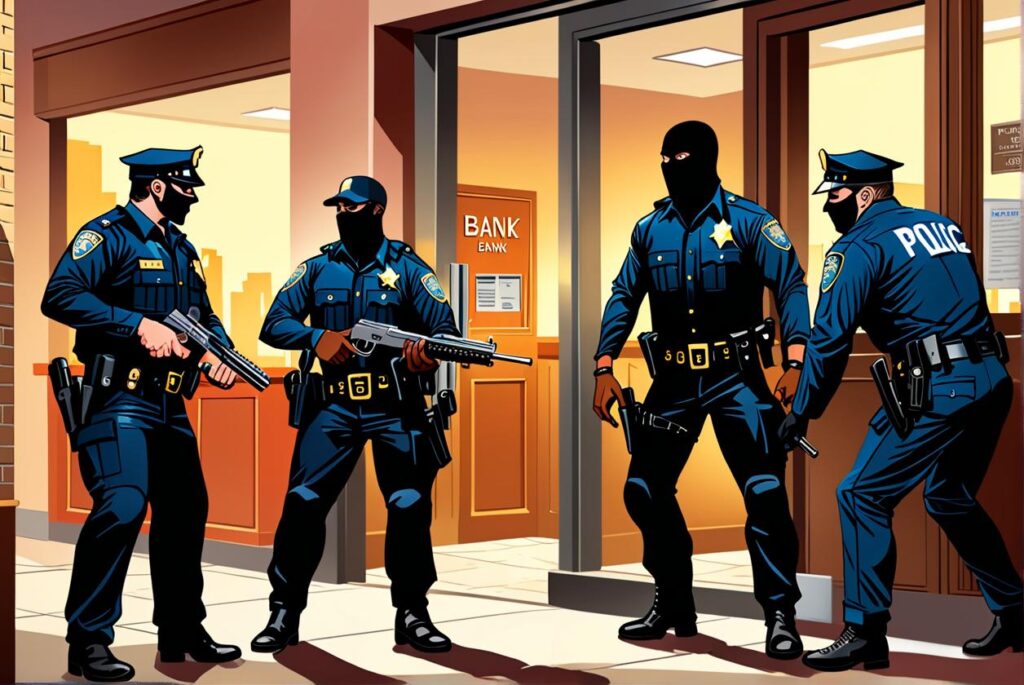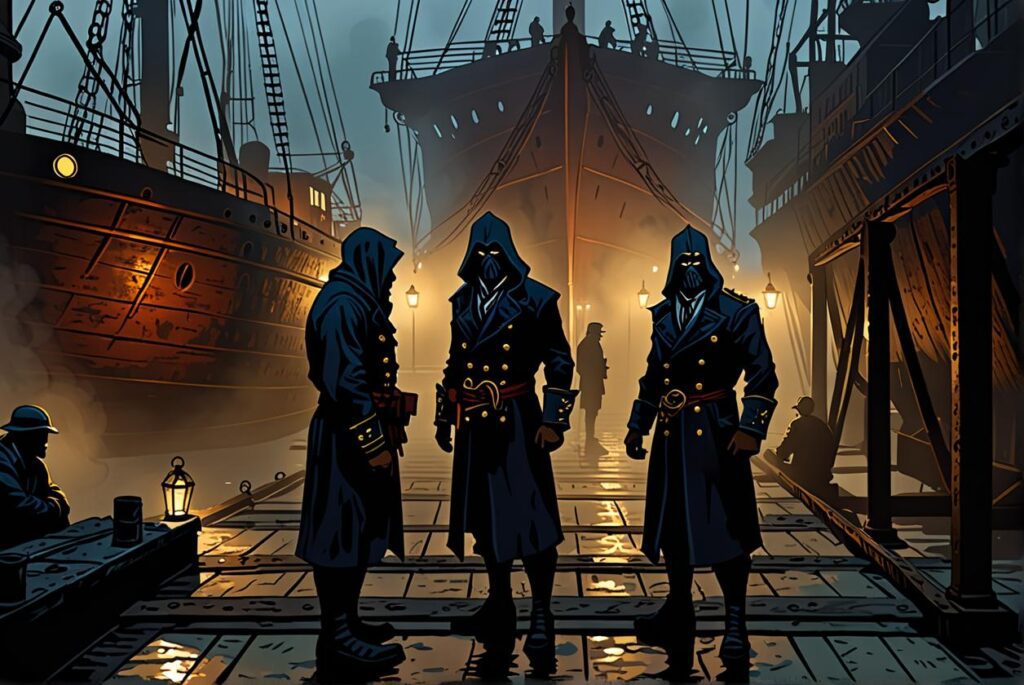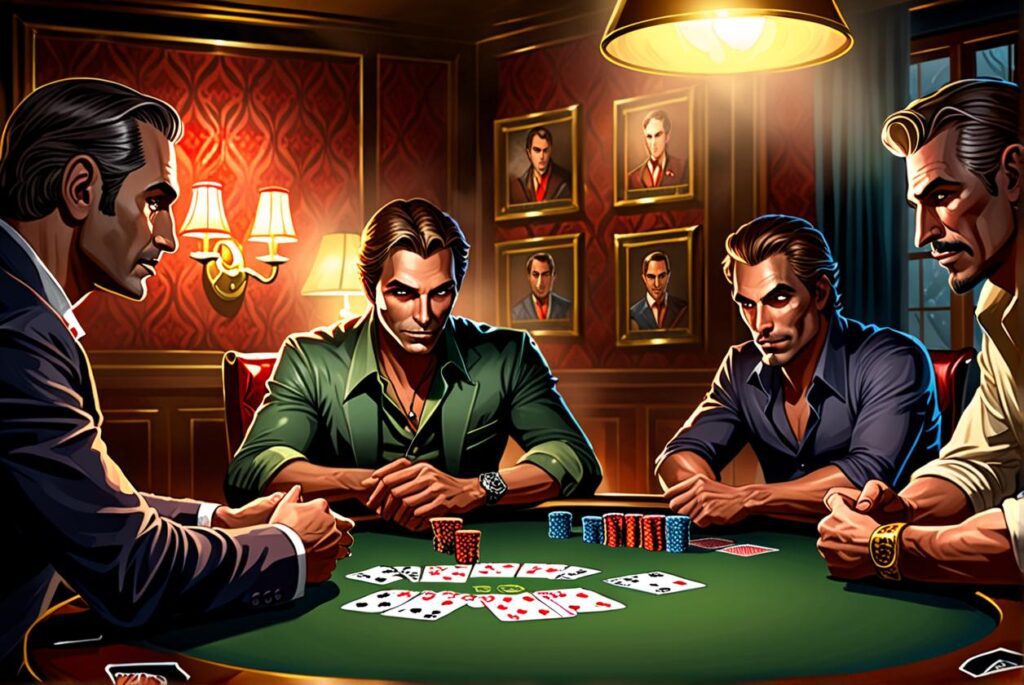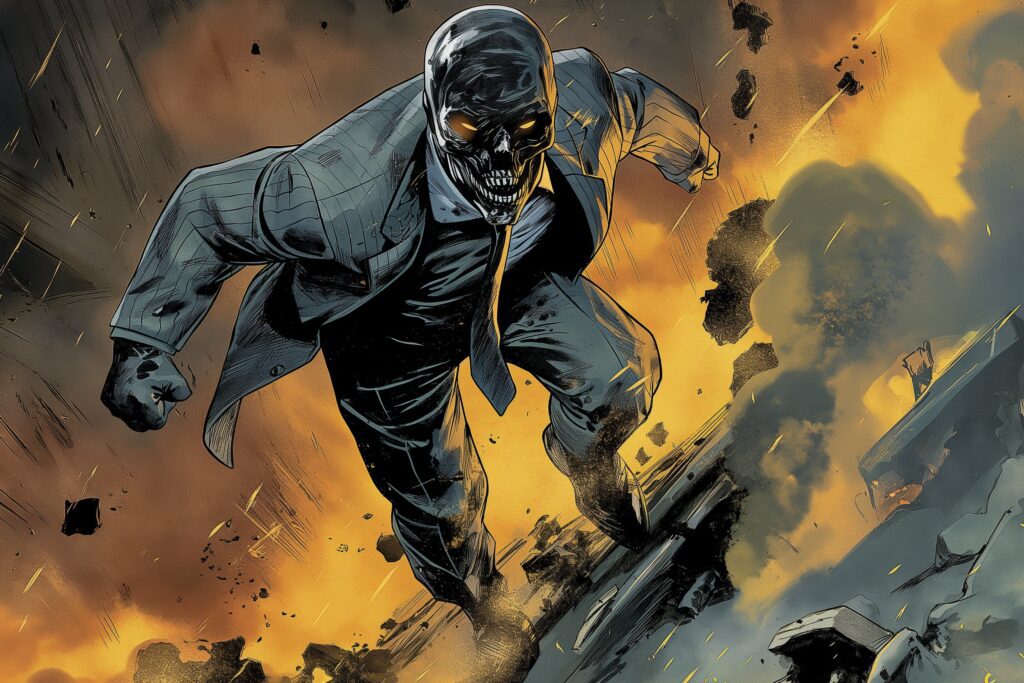5 Tips on Writing: With Alvaro Nabuco
Hailing from São Paulo, Brazil, I fell in love with video games ever since I was 3 and got a Sega Genesis/Mega Drive. When my father gave me a video game magazine, I got fascinated with it and started writing walkthroughs and reviews for my own games.
Ever since then, I obviously stopped assigning good/bad grades to my own ideas, but never stopped writing stories for video games. Constantly thinking about cutscenes, gameplay, dialogues and such, I’m a Junior Narrative Designer, working freelance for many game jams and game projects.
Hooking Your Audience

Make an interesting story. It sounds simple, and maybe it is. What do people enjoy seeing? Success, struggle, action, love, and to some extent, deception, frustration, failure, hate. In other words, people enjoy seeing other people. Of course, on our daily lives, we can’t gun and run enemy soldiers, hack and slash monsters stylishly with a sword or jump around platforms stomping on thugs’ heads.
But deep down, we always see a human, or at least an anthropomorphized creature doing amazing feats. If not humans, something humans can relate to (e.g. androids, as in Nier Automata, or cats, as in Stray). Even though you’re controlling a demigod, a superhero, a robot or even an animal, make the player feel what we all are: human.
Mastering Plot Development
Think of a story you would like to see. Create a beginning, middle and end. After that, write it all down. Then, go to sleep. After you wake up, read what you’ve came up with. You may notice a lot of holes, inconsistencies and even things that will make you think “what was I thinking?” After that, polish it. Show it to trusted friends and family. Accept critics, take it as a way aimed to improve you, not to diminish you.
When you feel confident enough to show it to the world, publish it. It may take 3, 4, even hundreds drafts. But truth is, it’s never going to be perfect. As a saying goes here, “done is better than perfect”. Also, remember there’s no right or wrong. There’s only make (remakes also count towards that!). Writing is an art, and as such, the goal is not to achieve universal acceptance, but rather, it’s a way to express yourself. Don’t be afraid to do so.

Effective World-Building Strategies
Have a feeling for the world you’re building. This is a multidisciplinary area, since it involves seeing, hearing and feeling. Whether you’re playing an action-packed game, you know the music, particles and enemies go bananas, or when you’re playing a horror game, you’re in a quiet environment, hearing only ambient noises, until the music slowly builds in and, if you get seen by the monster, for example, a high screech is heard, indicating you must run and hide.
In either cases, there’s also a moment when the music soothes, the scenario becomes clear. This gives the player a chance to psyche up for the next mission/area or to give a sensation of safety before venturing back into the danger in order to escape.
A good tip is also to define themes. In Red Dead Redemption 2, for example, whenever you’re transitioning into an area of the map to another, a HUD will appear, with a stylized font, the in-game time and weather, along with a music welcoming you, or rather, indicating where you are. When you enter a hot swamp area, you’ll hear a high-tone banjo riff. When you’re up north where the white snow dominates the view, a cold harmonica blows on our backs and our ears.
Again, world-building is multidisciplinary, so put your words skills to good use and guarantee effective communication between teams to guarantee the feeling you’re trying to achieve.
Techniques for Character Development

Create a character sheet: give it a short description and then add adjectives that would suit your character, be it positive or negative.
Think of lines he would say given a certain condition (the so called “barks): when the character gets hit, when it’s healing, when its health is low, etc.
The character must go through a journey that challenges and changes itself. Introduce the character in its status quo, give it the conflict and develop how would it face it until its resolution.
The character doesn’t necessarily needs to achieve success or failure. It may end up with a 3rd, 4th, or even 5th solution other than the expected.
Crafting Meaningful Decisions
Choices that actually matters; non-binary choices that lead to many outcomes, unlike the first heist mission in GTA 5, for example. Two options that are essentially the same and lead to the same result. Choices that make players save before deciding, or make them regret or wonder what if they chose other paths, leading to different outcomes and new playthroughs, are meaningful choices.
What are your strengths in writing and narrative design?

The fluency in creating a story, specially dialogues. Of course, no first drafts are perfects, so I always “sleep over it” to revise what I wrote later, fixing any mistakes, inconsistencies, holes and things that are unnecessary or doesn’t add up.
Exploring Favorites
The Last of Us, for deeply developing two characters who serve as surrogate daughter and father to each other in a decayed world where there is no right and wrong. Specifically in the 2nd game, both protagonists, Ellie and Abby, serve as antagonists to each other.
In the end of the two games, all of the journey was in vain: Joel unilaterally decides mankind doesn’t deserve to be saved by sacrificing Ellie, while Ellie realizes at the last second that killing Abby and avenging Joel isn’t worth it.
Metal Gear Solid 3, for using the spy vs. spy trope, Cold War setting, the culmination of the character known as Big Boss and the definition of a true patriot.
Devil May Cry 3, for showing the tragedy of twin brothers with opposing goals: one, with the altruistic goal of saving mankind and the unwilling need to stop his only family, while using humor and a seemingly lack of interest to hide this pain. The other, with the selfish and obsessive goal of acquiring absolute power by any means necessary to ensure what happened to his family won’t happen ever again, while being cold and straightforward with his words to hide his trauma.
Register for our Free Writing Workshop now!
If you are interested in creating your own interactive audio story, you can apply for our free webinar! It will introduce you to our interactive story game engine, TWIST, and teach you how to use it to create interactive audio stories.
Interested in contributing to our blog series?
If you would also like to publish a blog post on our website and share your own story with interested readers, simply fill out the contact form.





